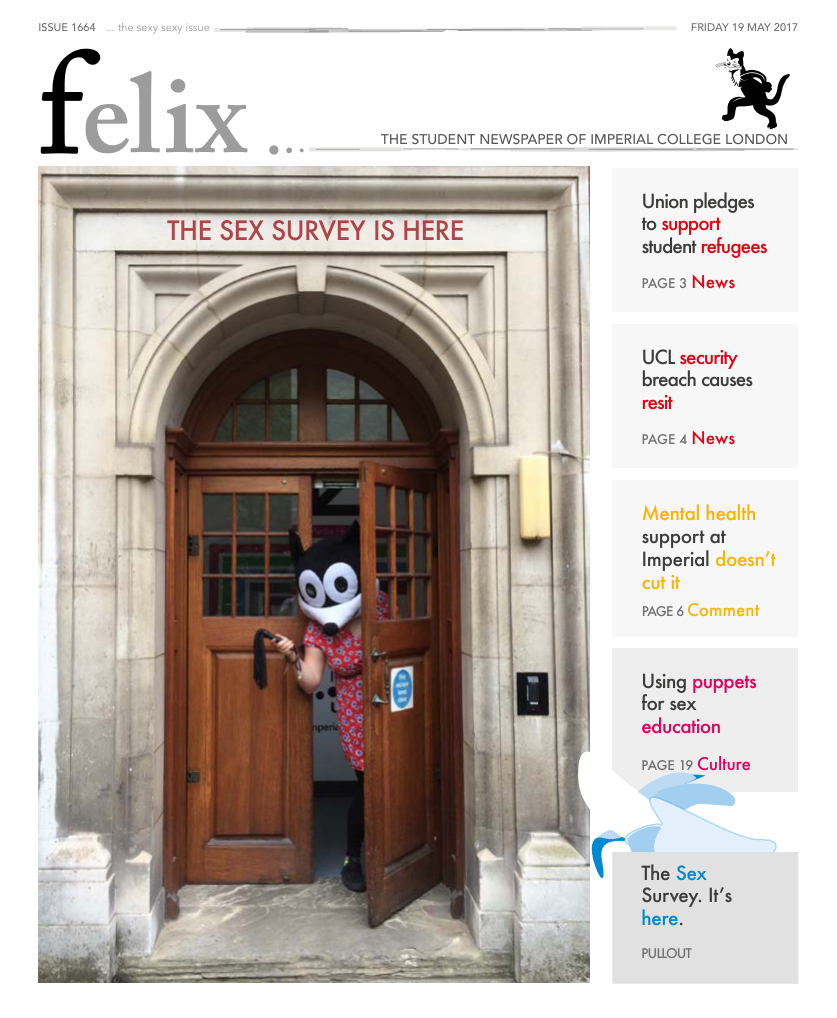Fossil fuel divestment finally on the table
Fossil fuel funding may soon be withdrawn
Following the resurrection of the Imperial divestment campaign, a paper brought to this week’s Union Council meeting set out proposals for the future of fossil fuels at Imperial.
The Divest Imperial Council Paper recognises that the majority of currently available fossil fuels must not be used if we are to limit global warming increases to the generally accepted upper limit of 2°C. Not only are fossil fuels a significant threat to the future of the planet, they have been linked to cases of human rights abuses in the developing world. These facts have prompted student protests, leading to one quarter of UK universities to pursue some form of divestment.
At present, Imperial has £5.4 million directly invested in fossil fuel companies. This does not include further unspecified amounts that are indirectly invested via externally managed funds. This is claimed to be one of the largest investments in fossil fuels by universities in the UK.
The Imperial mission statement mentions a commitment “to address the difficult challenges of today and the future.” As part of this, the Union believes that Imperial should be at the forefront of tackling climate change. Divestment is a chance for Imperial to support and promote sustainable technology. More importantly, the fossil fuel industry has “irreconcilable” differences with Imperial values. These differences include a “dubious ethical record”, “intellectual dishonesty”, and a “persistent disregard for the environment.” Divestment could be a way of forcing fossil fuel companies to change their behaviour. On a more pragmatic note, failure to divest could leave Imperial with stranded financial assets due to rising carbon levels and an increased cost of burning fossil fuels.
Concerns were raised at the meeting about how divestment might affect the relationship between Imperial and the companies in which it currently invests, many of which provide our students with jobs and funding for their research. Following what was described by Abigail de Bruin as “a fair amount of questioning”, the general consensus seemed to be that the many universities that have already successfully divested have faced no obvious negative effects and there’s no reason why this shouldn’t also be the case at Imperial.
The Union proposes an immediate freeze on further fossil fuel investment. To begin the actual divestment process, the Union sets out a five-year target to withdraw investments in the fossil fuel industry. For those investments made indirectly via commingled funds, it is believed that it should be relatively easy to discover where money is being poured into fossil fuel firms and redirect it to other companies. Any future investments would be subject to student and staff consultation to ensure compliance with Imperial values and mission statements. The campaign would be publicised in the Union newsletter, social media, and a dedicated website.
The paper has so far been passed only in principle due to the meeting not being quorate (following minor amendments, the council will vote via email) but there are reasons to be optimistic about the future of divestment at Imperial. Union backing lends weight to any campaign. We have already seen how pressure from students has achieved divestment commitments at King’s College London, Oxford University, and the London School of Economics. It remains to be seen whether the same success will be repeated at Imperial.







